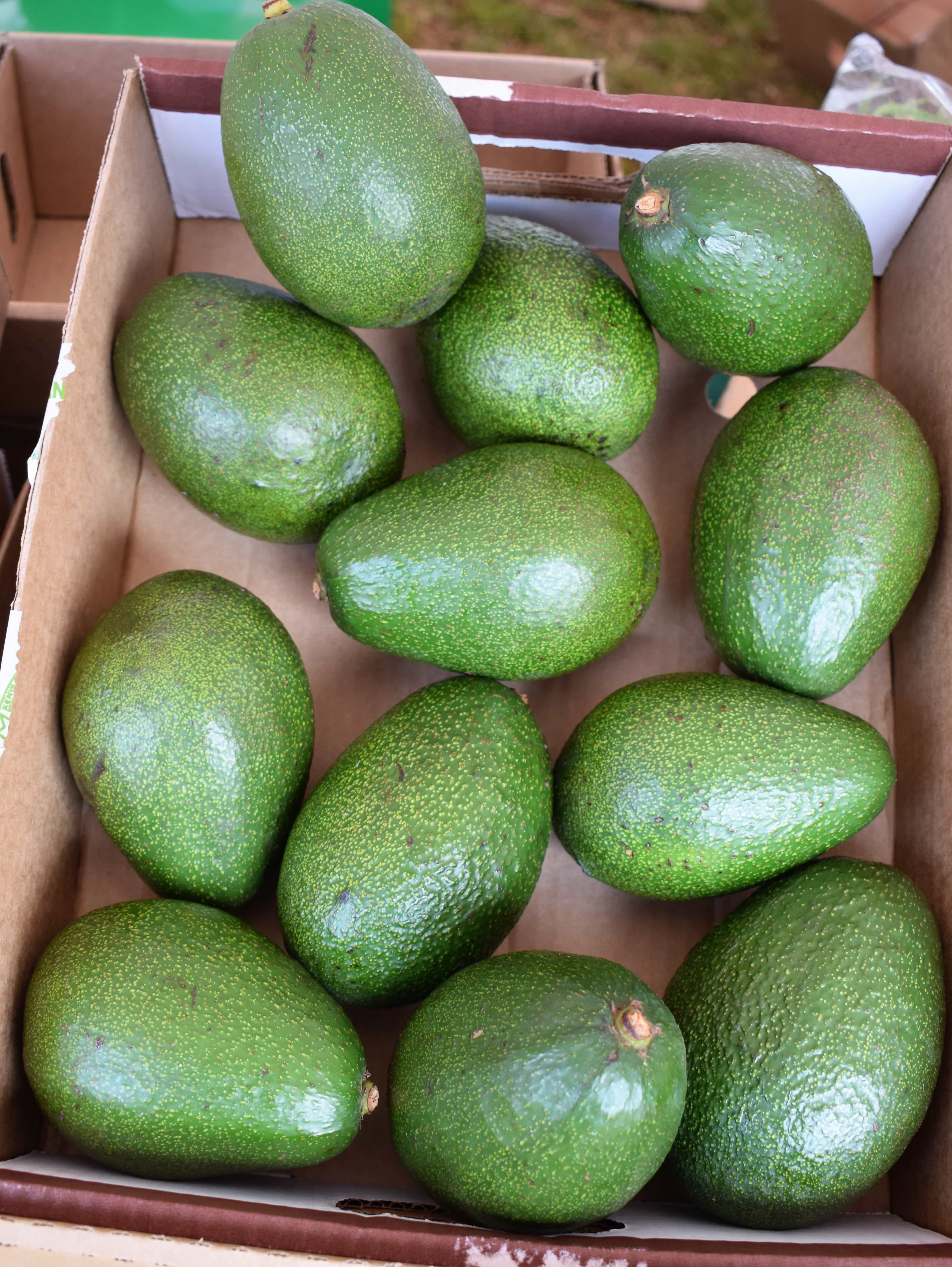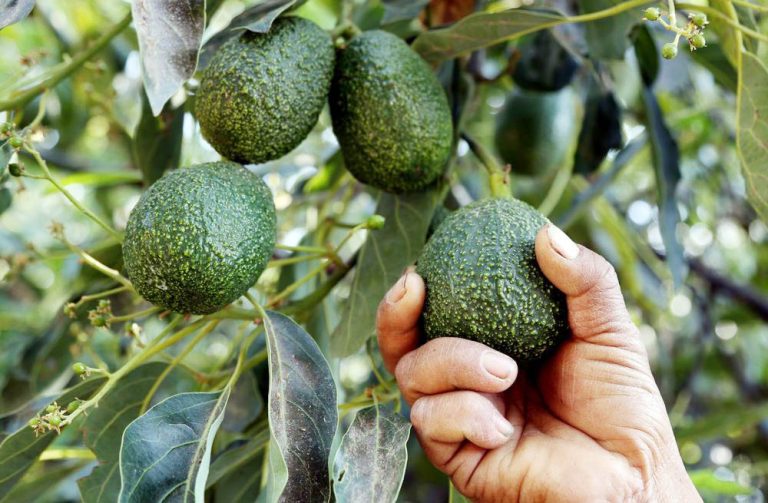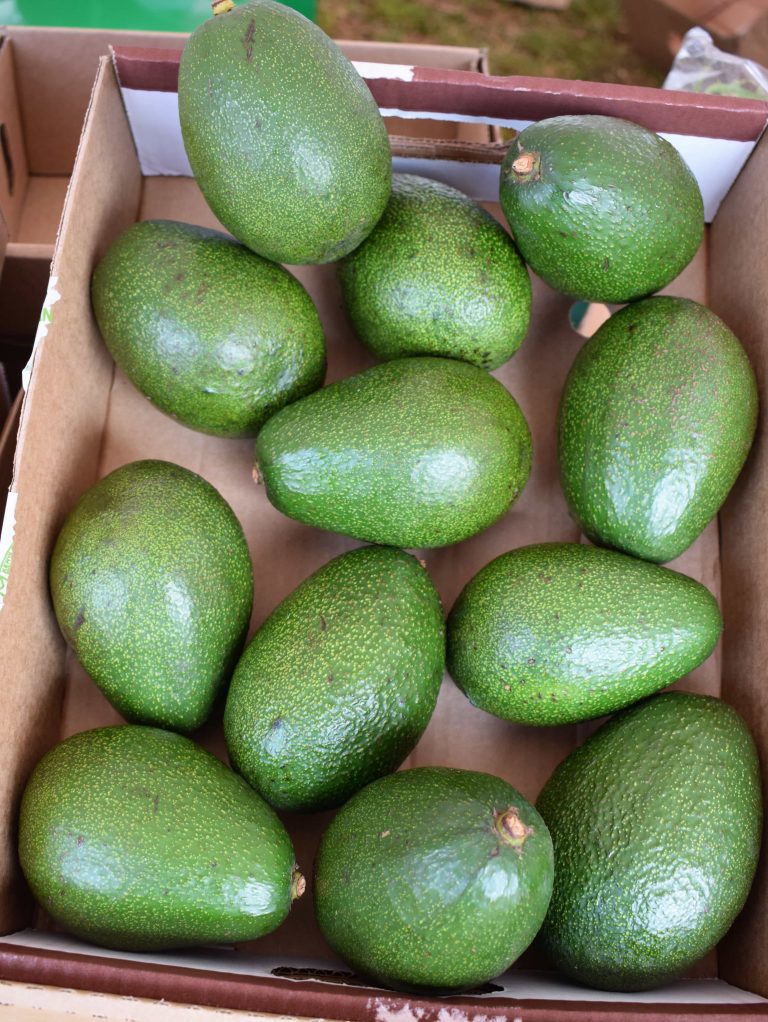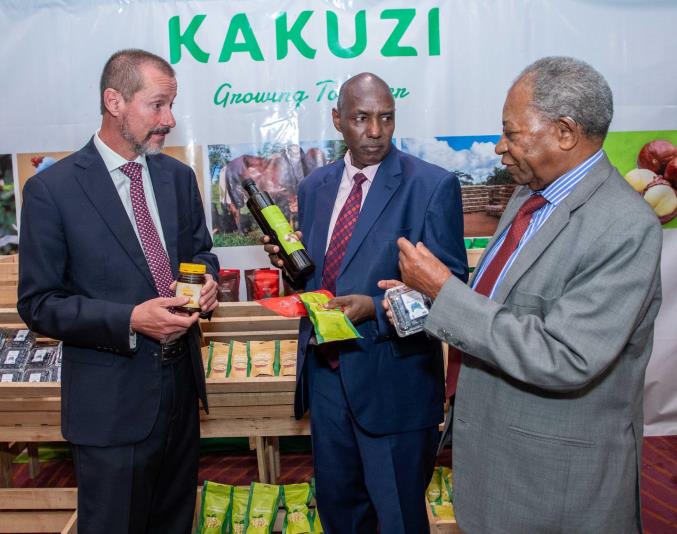By Kimuri Mwangi
A bill championed by Murang’a Governor Mwangi wa Iria on avocado production has met opposition from stakeholders and county leadership. The Murang’a County Avocado Production, Processing and Marketing Bill, 2020 is intended to provide guidelines to the regulations of the avocado crop throughout the whole value chain in Murang’a County.
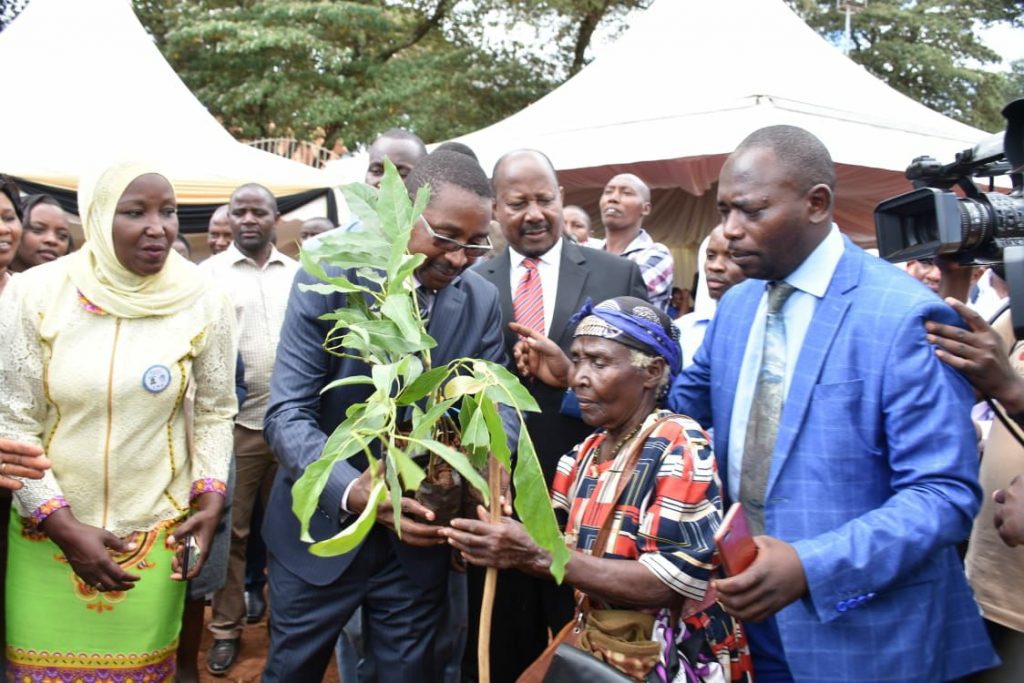
The bill currently at public participation stage gives the county massive powers to control avocado production right from nurseries to processing. If passed, anybody who intends to establish an avocado tree nursery will need to register with the county government. The same will apply to traders and processors who want to trade with avocados in Murang’a County. A farmer who wants to cut down his avocado tree will also be required to obtain a tree felling permit from the county government. A dealer or manufacturer of avocado produce in the county will also be required file returns to the county government annually.
The bill also requires avocados in Murang’a County to be transported packed in crates and the vehicles used should be refrigerated. Anybody who contravenes any provision of the proposed bill will be fined up to Kshs. 500,000 (half a million) or jailed up to two years or both.

The Avocado Society of Kenya has opposed the bill. In a memorandum to the Clerk of Murang’a County Assembly, the CEO Ernest Muthomi gives five reasons for their opposition. These are:
- There are eleven (11) licenses proposed. The bulk of these licenses appear to be a duplication of licenses that are mandated under Government Agencies such as Horticultural Crops Directorate (HCD) & Kenya Plant Health Inspectorate Service (KEPHIS). Basically, a form of double taxation. The cost of these licenses is captured in the Finance Act, Murang’a County and stakeholders have no powers on these fees
- The bill is looking to create powers to a technical committee to be appointed by the County who have the power to stop any exporters operations. The manner in which this can be appealed is vague with timelines set for a solution to be found. This can take up to three (3) months which is basically an avocado season. An exporter can be held to ransom.
- License for movement for each load of fruit. This is highly likely that this will lead to each County charging CESS for fruit movement crossing its borders whether that is to a Packhouse or from a Packhouse to port.
- The requirement for farmers to notify the county Government and obtain permits as they undertake normal farm operations such us rogueing (removing inferior or defective plants or seedlings from a crop) is not only retrogressive but also draconian.
- The provision to have the counties register National Associations or Societies registered and regulated under the societies act (Cap 108) is unconstitutional and goes against the freedom of association.
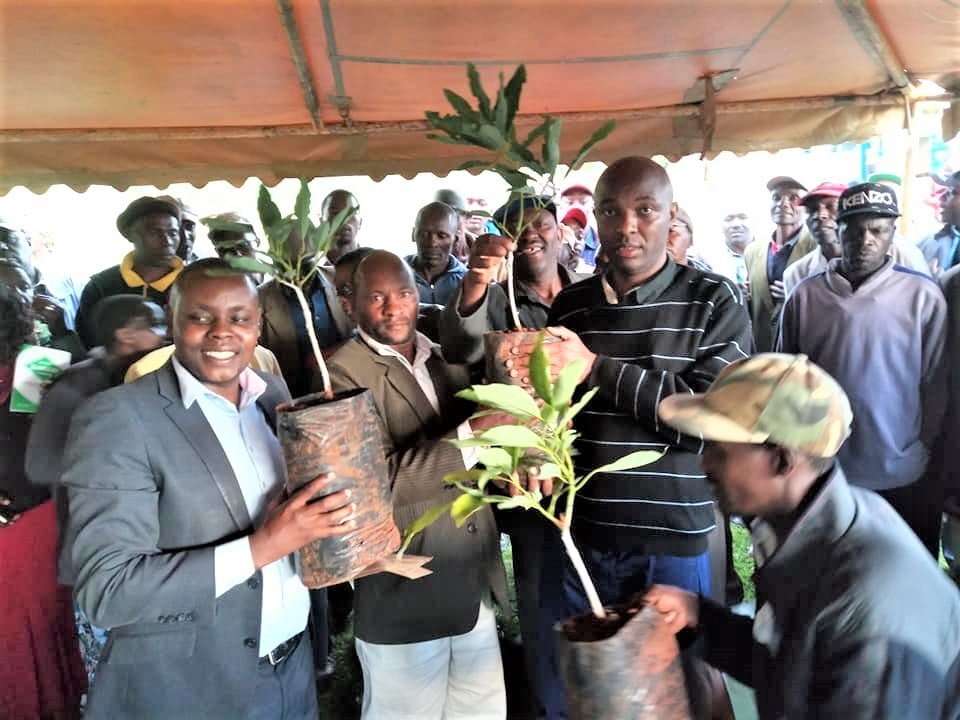
Irungu Kang’ata who is the Senator of Murang’a County has also termed the rules as unrealistic. The Senator has called for the rejection of the rules citing four reasons which are:
- The bill micromanages the farmers as regards independence in land use as it demands a permit for cutting trees and setting up of orchards.
- It seeks to duplicate what Agriculture and Food Authority (AFA) is legally mandated to do. This may have the potential of impacting negatively on the farmers. Also, duplication of the licensing provisions already in place by AFA will make the cost of doing business higher occasioning the risk of lower returns for Murang’a farmers.
- The cost of doing business will be higher in Murang’a than in other counties, people will shift to other counties which will disadvantage the Murang’a avocado farmers.
- It violates the tenets of a free market economy by the way it is heavily restricting the farmer’s choices for the markets.
Farmers opposed to the bill say that processors and other traders who buy their avocados will avoid the county if the bill passes thereby leaving them without a market for their fruits. The bill has also received a lot of condemnation and rejection from brokers who view it as a way of ending their business.
However, Governor Mwangi wa Iria has said there is nothing wrong with the bill and has vowed to move on with it urging the people of Murang’a to support it thereby clashing with the Senator. The Governor says the bill will ensure avocado production in Murang’a is streamlined and help deal with brokers. He says the issue of immature avocados will also be dealt with as the bill gives the county powers to give directions when the harvesting season starts.
Avocado farming is popular in Murang’a County and the issue of brokers has been a challenge as they sometimes harvest raw fruits not ready for the market. According to Murang’a Agriculture CEC Albert Mwaniki, in the past 3 years, they have given over 600,000 avocado seedlings to farmers and right now 70% of avocados in Kenya come from Murang’a. Gatanga and Kandara lead in avocado production in the county.


